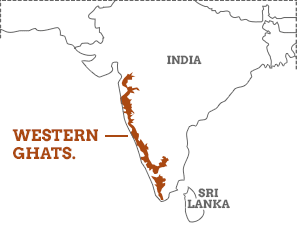Family support is crucial for maintaining emotional health among elderly individuals. As people age, they often face challenges such as health issues, loneliness, and loss of independence, which can impact their emotional well-being. Family members play a significant role in addressing these challenRead more
Family support is crucial for maintaining emotional health among elderly individuals. As people age, they often face challenges such as health issues, loneliness, and loss of independence, which can impact their emotional well-being. Family members play a significant role in addressing these challenges and providing essential support. Here’s how:
- Emotional Well-being:
- Companionship: Regular interactions with family members help reduce feelings of loneliness.
- Affection and Validation: Expressions of love and validation boost self-esteem and combat feelings of worthlessness.
- Mental Health:
- Stress Reduction: Family members provide a listening ear and practical help, reducing stress.
- Encouragement: Support from family motivates elderly individuals to stay active and maintain a positive outlook.
- Physical Health:
- Health Management: Family assists with medical appointments, medication management, and physical care.
- Safety and Comfort: Family ensures home modifications and a safe living environment for physical and emotional comfort.
- Social Engagement:
- Activity and Interaction: Family involvement in social activities keeps elderly individuals engaged and connected.
- Social Networks: Facilitates visits with friends and community events to reduce isolation.
- Crisis Management:
- Emergency Support: Provides critical help and stability during health emergencies or significant life changes.
Family support is essential for elderly emotional health. It offers companionship, reduces stress, aids in health management, promotes social interaction, and provides stability during crises, significantly enhancing their quality of life.
See less



Governments play a crucial role in elections by establishing and enforcing regulations to ensure fair and free voting processes. They manage voter registration, maintain and update voter lists, and ensure accessibility to polling stations. Governments also oversee the training of election officials,Read more
Governments play a crucial role in elections by establishing and enforcing regulations to ensure fair and free voting processes. They manage voter registration, maintain and update voter lists, and ensure accessibility to polling stations. Governments also oversee the training of election officials, the security of the voting process, and the integrity of the ballot counting. They handle disputes and certify election results. Additionally, governments often conduct voter education campaigns to inform citizens about their rights and the importance of voting. By providing these services, governments help to uphold the democratic process and ensure public confidence in election outcomes.
See less